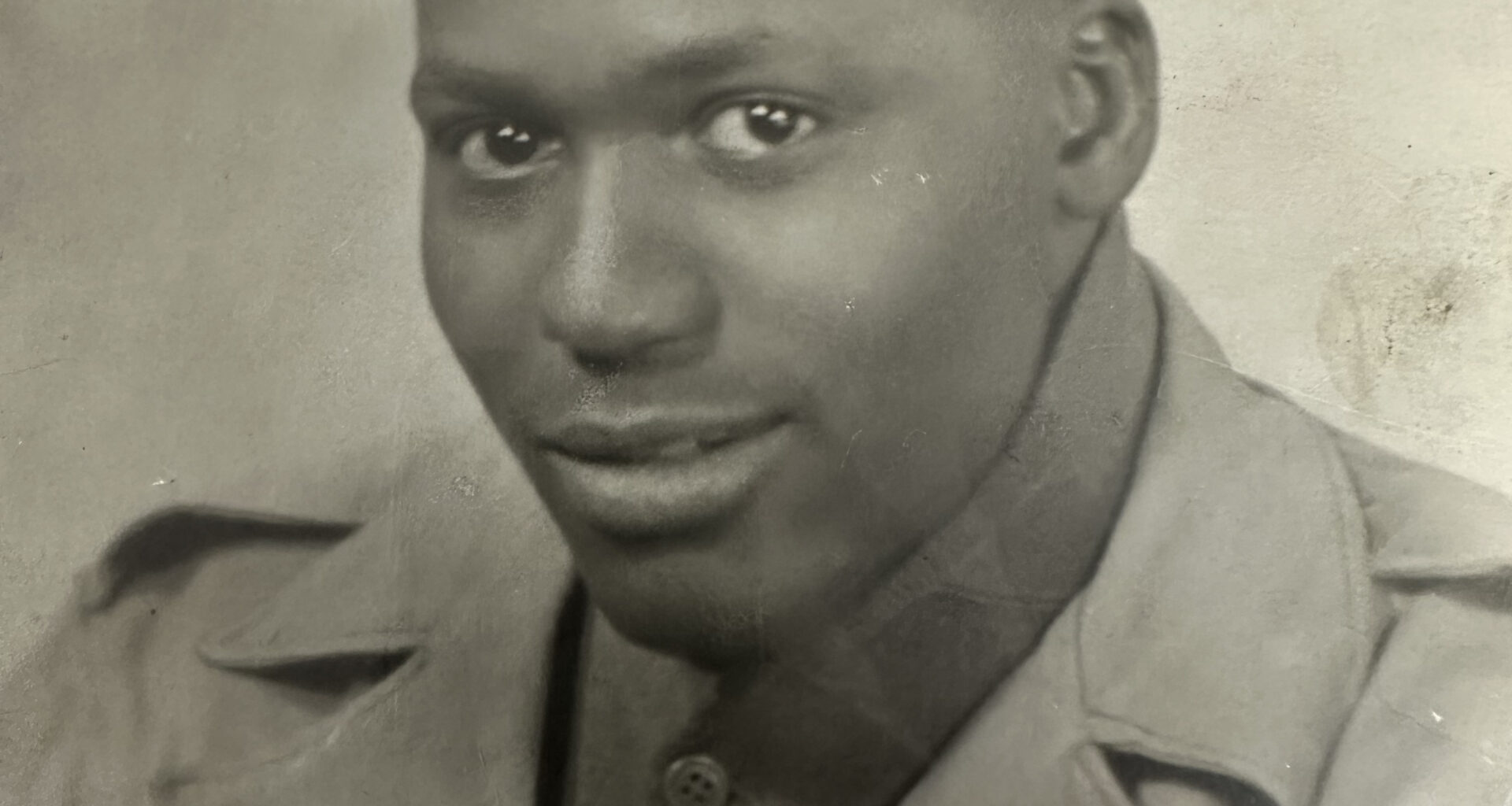Appreciation: World War II veteran James Byrd dies at 104

COURTESY THE BYRD FAMILY
James Lester Byrd, who volunteered for the Army during World War II and served in Italy, died Dec. 15 in Gastonia at age 104. Mr. Byrd was one of North Carolina’s oldest World War II veterans at the time of his passing.
James Lester Byrd went to New York City for the sights.
He wound up a soldier.
Mr. Byrd, who died Dec. 15 in Gastonia at age 104, was touring New York with friends from his native Georgia when he volunteered for the Army during World War II. Part of it was patriotism, his daughter Jacqueline Byrd said, but he also saw opportunity to escape oppressive Southern racism and position himself for a better future.
“He survived World War II,” she said. “He survived watching his father hung in his front yard in front of his siblings” when he was lynched by a white mob.
At his passing, Mr. Byrd was one of North Carolina’s oldest World War II veterans. Although he led an unassuming life after the Army, his daughters wanted to acknowledge and celebrate his service and legacy.
“Even when my sister and I attempted to plan his service, we were thinking we don’t need a bunch of fancy hoopla, because he’s 104 and all his siblings are deceased,” said Shirley Byrd Mungo, the second oldest of his seven children. “He’s got a few nieces, and maybe nephews who have already passed, so I would think those folks could really tell his story, but everybody’s gone. …I want people to know something about him. …He was here, and he made a difference, even if not just for us.”
Said Jacqueline Byrd: “He made a difference. “Maybe not celebrity status, you know, but nonetheless, he was important to his family and a bunch of friends.”
Mr. Byrd, one of 10 siblings, was born on May 7, 1920, a time when federal law prohibited alcoholic drinks and women hadn’t gained the universal right to vote. In the Army, he was stationed in Italy from 1943-45 as a cook during a time when Black soldiers were relegated by law and custom to service tasks with rare exceptions. Feeding his comrades, though, had a practical use in civilian life.
“He did a lot of cooking,” Jacqueline said. “Everybody loved his cooking and that included us. He could cook, then he could cook better than our mother. A lot of stuff we thought we didn’t like, when he fixed it, it was like, ‘Oh, this is good.’ And like a lot of kids may not eat their vegetables and stuff, but he would prepare them, and they were really good.”

James Byrd with daughters Jacqueline, left, and Shirley in the early 1960s. Mr. Byrd, who served in the Army during World War II, “could make me and Shirley … laugh in the midst of tears,” Jacqueline said. “He would just find something; he just had a way about him that could take a sad face and make it happy.”
Mr. Byrd, who had an eighth-grade education, was also a voracious lifelong reader, his daughters said. He was also a traditionalist in terms of manners and treating people with respect.
“Always a gentleman,” Shirley said. “He’s always the one to open the door for you – you know, ladies coming in, getting in the car. He was that guy.”
Jacqueline added: “Very protective, very protective. Yes, chivalrous. He was very old school.”

After the war, Mr. Byrd lived in New York for nearly 65 years before moving back to Georgia to be closer to relatives. He worked at several jobs before declining health necessitated his move to Gastonia in 2018 but always made time for family and friends.
“My dad could make me and Shirley … laugh in the midst of tears,” Jacqueline said. “He would find something; he just had a way about him that could take a sad face and make it happy.”
Shirley recalled: “We didn’t have a whole lot, but we didn’t know it. You’d never know it. We were rich beyond measure if you just went on spirit and love. We were all flow, because that’s one thing he did – he gave, and he showed love and affection.”
Comments

